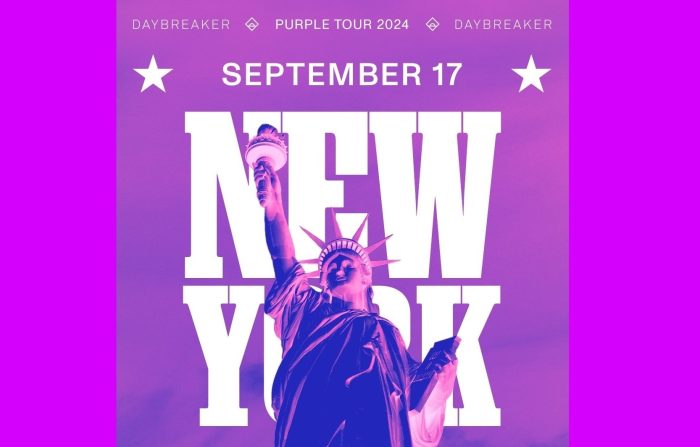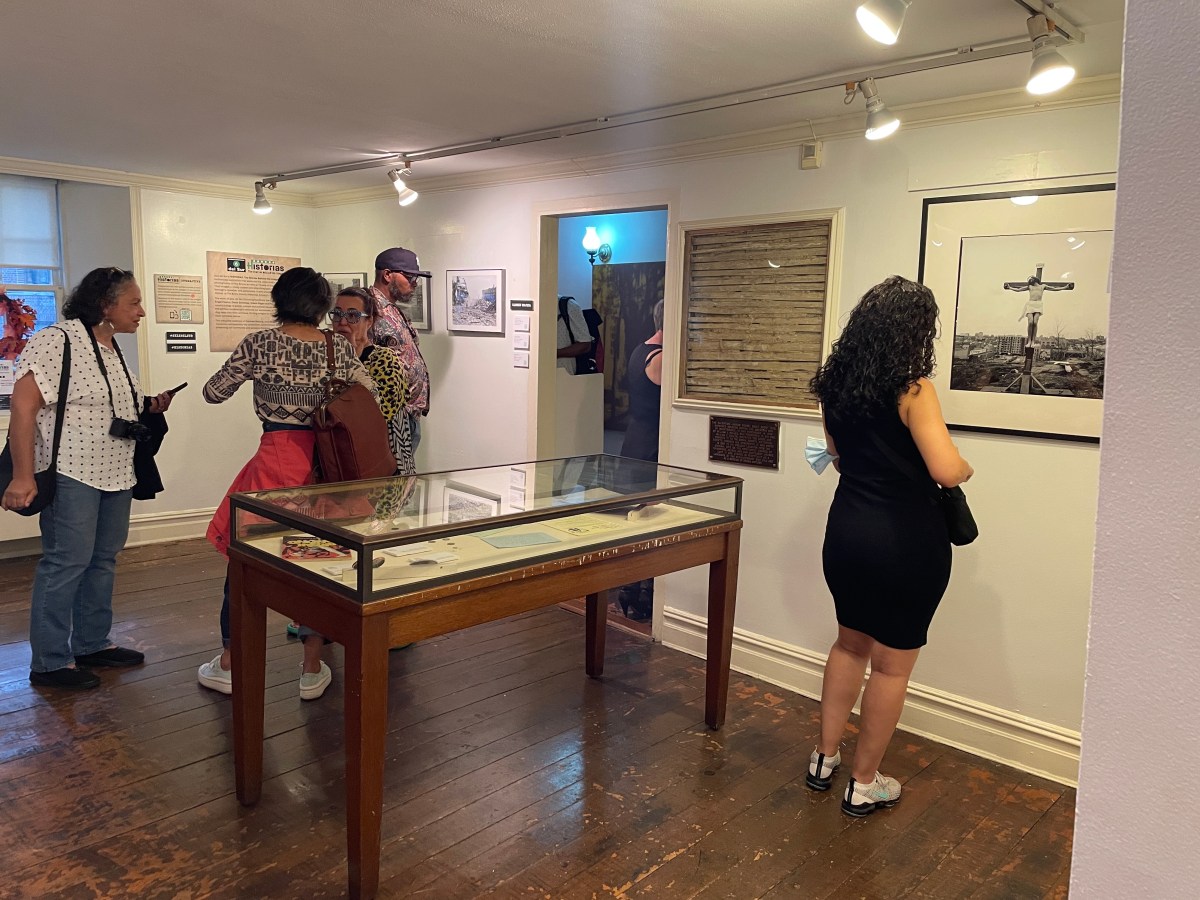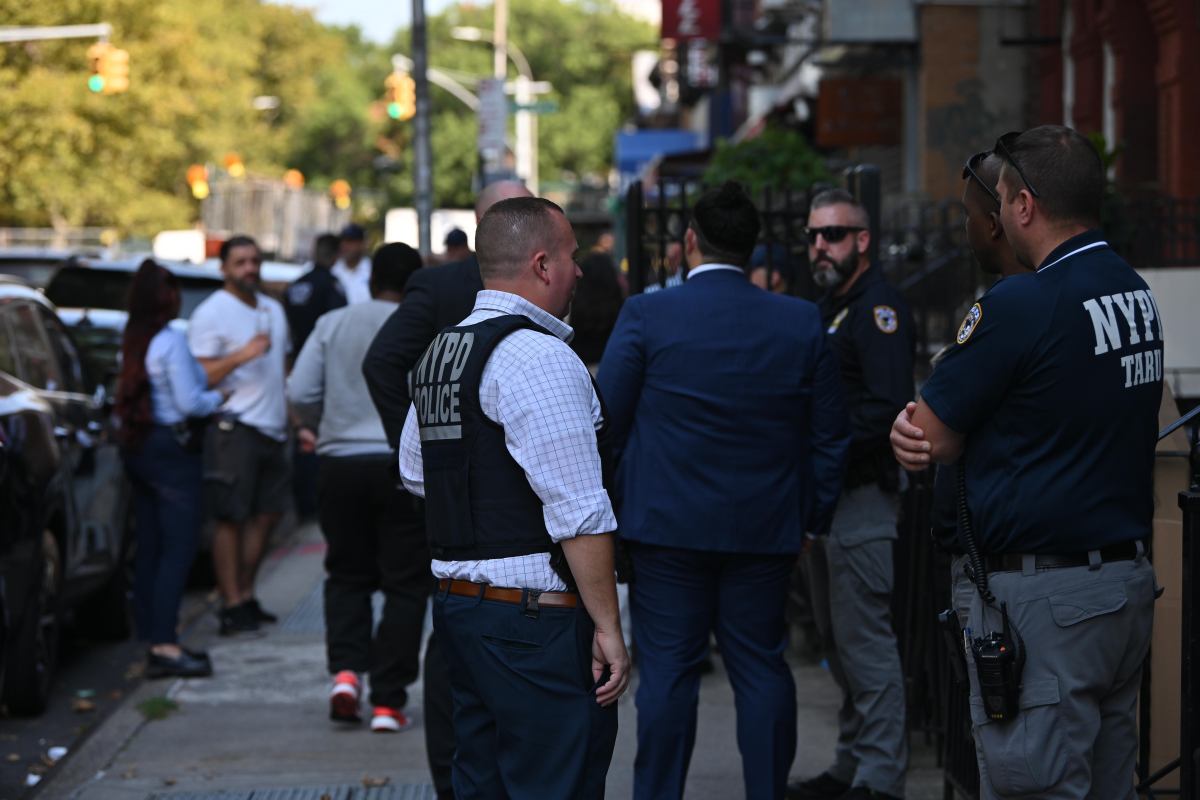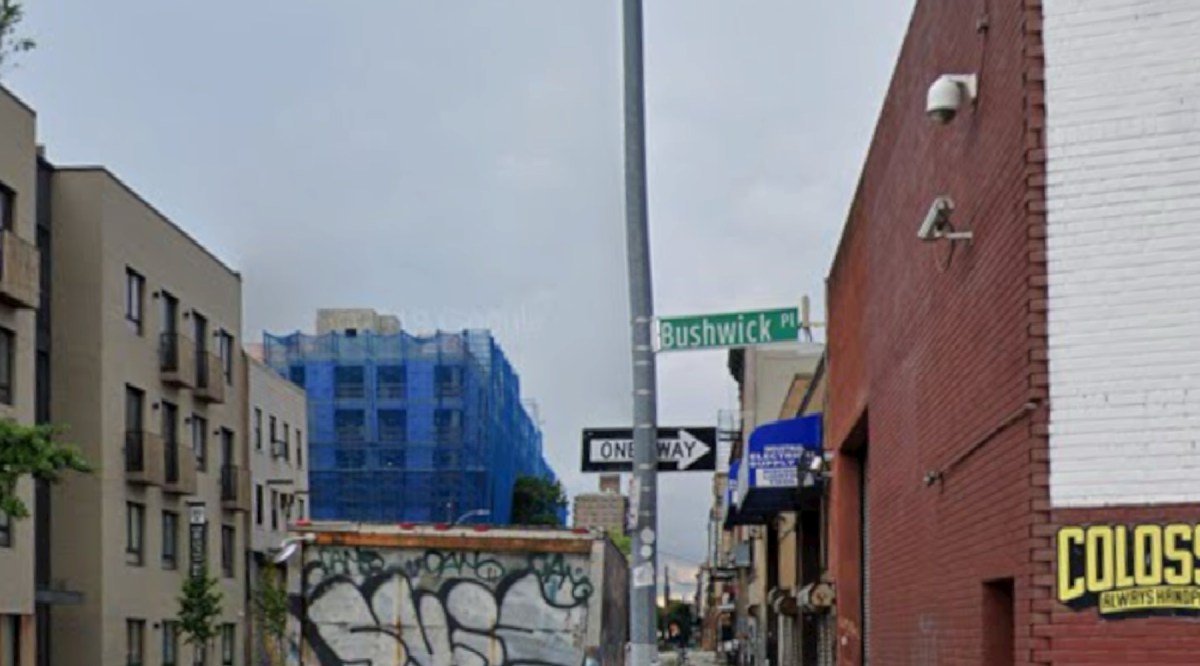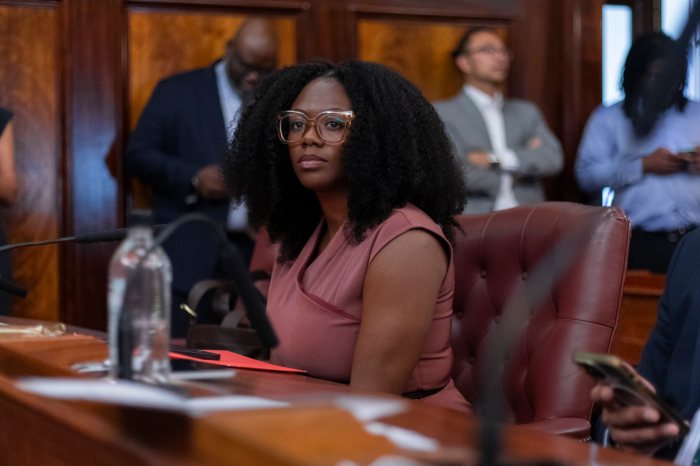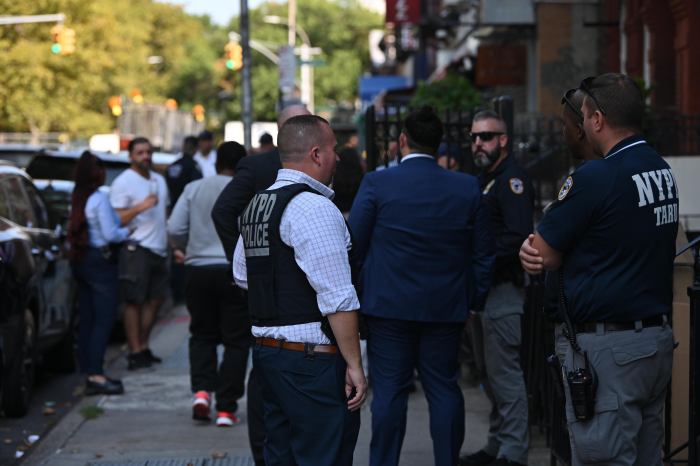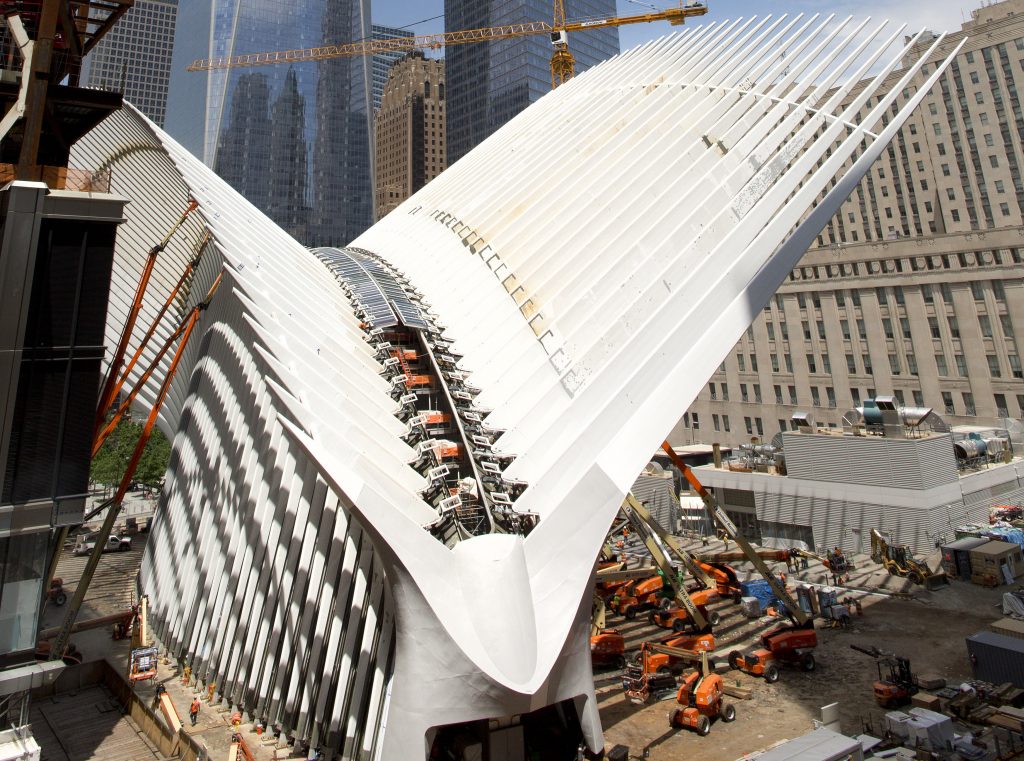
BY COLIN MIXSON
The Department of Homeland Security will install experimental sensors designed to detect chemical weapon attacks inside the Oculus transportation hub as part of a year-long project to test the effectiveness of the new gas-sniffing gadgets, the agency announced on Nov. 9.
Homeland Security is working in partnership with the Port Authority and Argonne National Laboratory, a research center located near Chicago, to install a suite of different types of sensors throughout the $3.7 billion train station, including close and long-range detectors, according to Homeland Preparedness News.
Throughout the test, the federal security agency will determine which devices were most effective and best suited to safeguarding the Oculus and other large public facilities, reported American Security Today, citing Don Bansleben, program manager at Homeland Security’s Chemical and Biological Defense Division.
The use of chemical weapons is prohibited under the the Geneva Convention, but gas has seen limited use by terrorist organizations against civilians since the 1990s, most notably by the Aum Shinrikyo religious cult in 1995, when members released sarin gas as part of a coordinated attack on the Tokyo subway system in Japan, killing 12 people and injuring roughly 5,000 commuters.
ISIS has also employed chemical weapons in conflicts in Iraq and Syria on multiple occasions between 2015 and 2017.
After the devices are installed, Argonne National Lab will kick off a year-long training program for Port Authority security officers.
The WTC Transportation Hub links eight subway lines with PATH trains destined for Newark and Hoboken in New Jersey, which carried more than 16 million passengers through the Oculus in 2016, according to Port Authority statistics.




